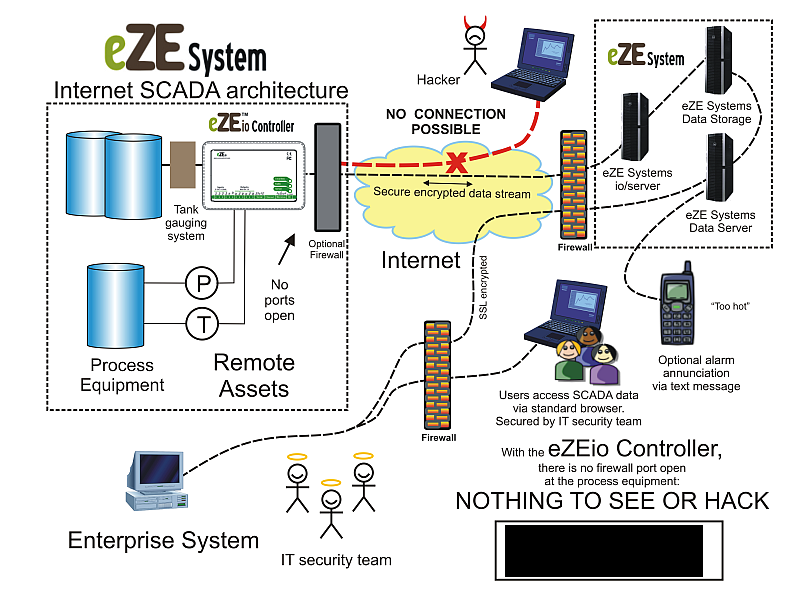My Books
I have been teaching cyber security and machine learning topics since 2012. Over the years I have had the opportunity to combine topics from both areas in my research. Many of the chapters in this book are a direct result of this effort. My goal with this book is to cover AI for cyber security, and AI assurance. I use the term AI although I mainly mean machine learning. AI for cyber security refers to the use of ML algorithms to provide defense for information systems. Here I will cover topics such as malware detection, intrusion detection, phishing detection, AI for cryptography, and privacy preserving defense techniques. The topic of AI assurance relates to creating secure and reliable AI systems. Here I will cover topics such as AI auditing and explainability, bias testing, adversarial attacks, etc. As usual, my books are applied and I will use Python and PyTorch extensively. I hope you enjoy the book!
FTC and Amazon Disclaimer: This post/page/article includes Amazon Affiliate links to products. This site receives income if you purchase through these links. This income helps support content such as this one. Content may also be supported by Generative AI and Recommender Advertisements.












